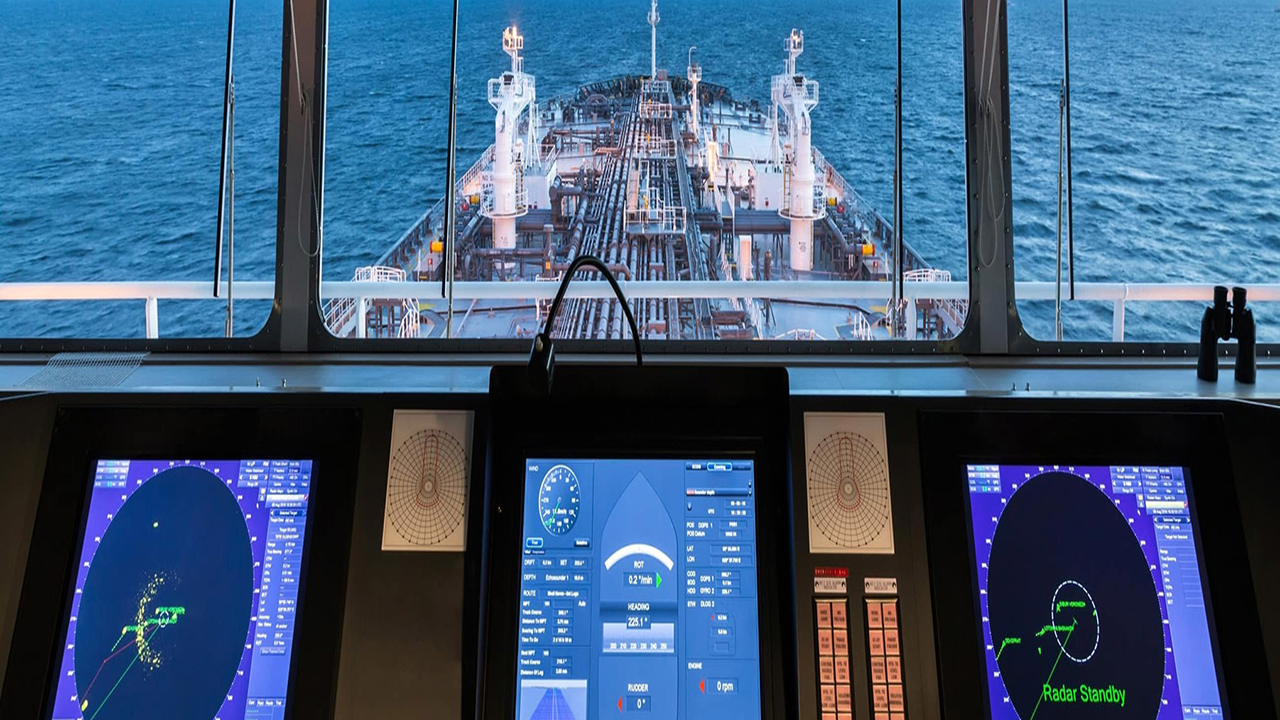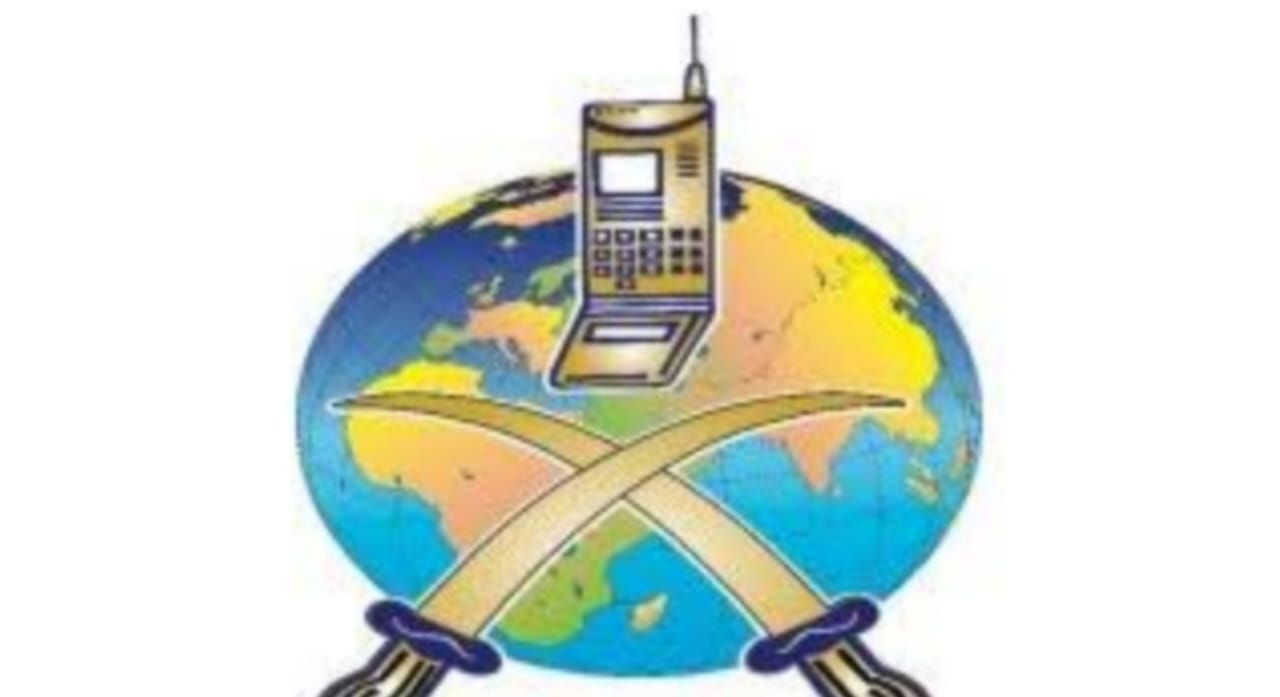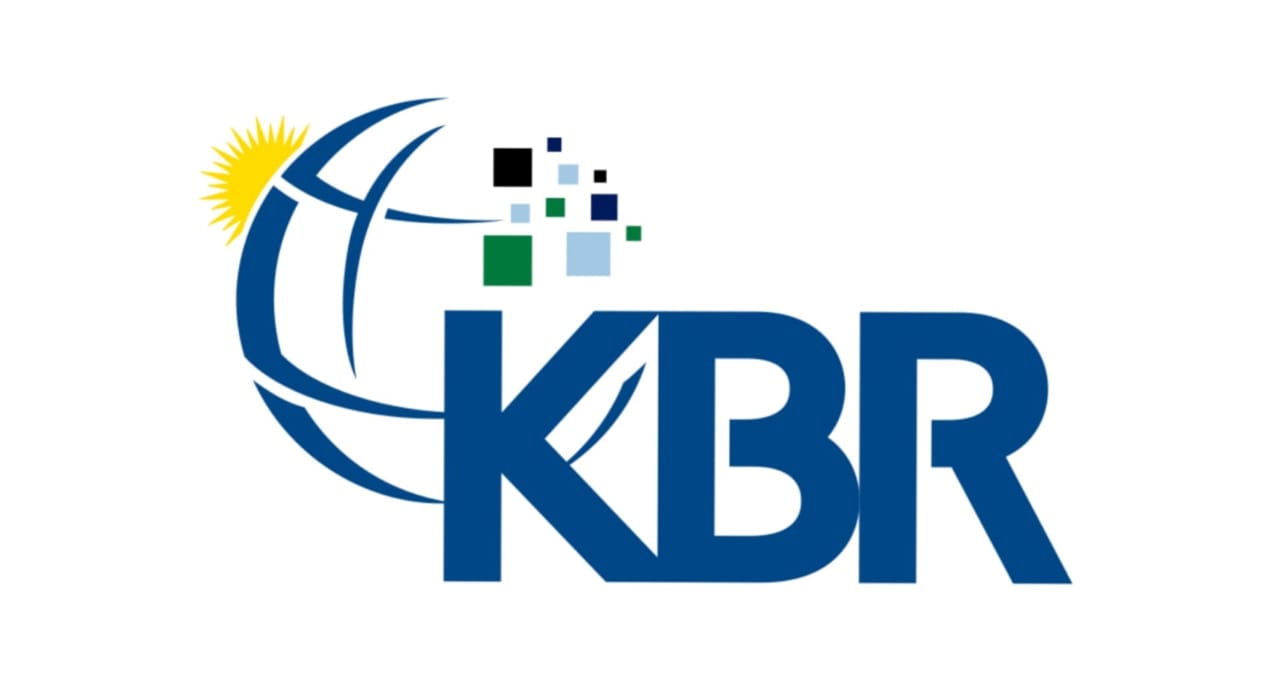The Role of Automated Identification Systems in Modern Industry and Technology
Automated Identification Systems AIS utilize advanced technologies like RFID, biometrics, and GPS to enhance efficiency, accuracy, and security across various industries.

The Role of Automated Identification Systems in Modern Industry and Technology
An Automated Identification System (AIS) is a sophisticated technology that enables the automatic detection, tracking, and identification of objects, individuals, or assets without the need for manual input. It leverages a range of technologies such as radio-frequency identification RFID, barcodes, biometric recognition (including fingerprints, facial and iris scans), and satellite-based GPS systems to gather and process data quickly and accurately. AIS is widely adopted across various sectors, each benefiting in unique ways. In maritime navigation, for instance, ships use AIS transponders to broadcast real-time information such as identity, location, speed, and direction, helping to prevent collisions and improve maritime safety. In the field of security, biometric systems allow for fast and reliable identification of individuals, making them essential for access control, law enforcement, and border security. The retail and logistics industries use AIS to streamline inventory management, monitor product movement, and reduce errors through barcode scanning and RFID tracking. In healthcare, AIS supports better patient care by ensuring accurate medication administration and tracking medical equipment. The benefits of AIS are significant: it increases efficiency, reduces human error, enhances security, and provides real-time data for better decision-making. However, despite its advantages, the system does come with challenges such as data privacy concerns, the need for technical integration, and the initial cost of implementation. As artificial intelligence and machine learning continue to evolve, AIS technologies are expected to become even more predictive and autonomous, further embedding themselves as critical tools in the infrastructure of modern industries.







